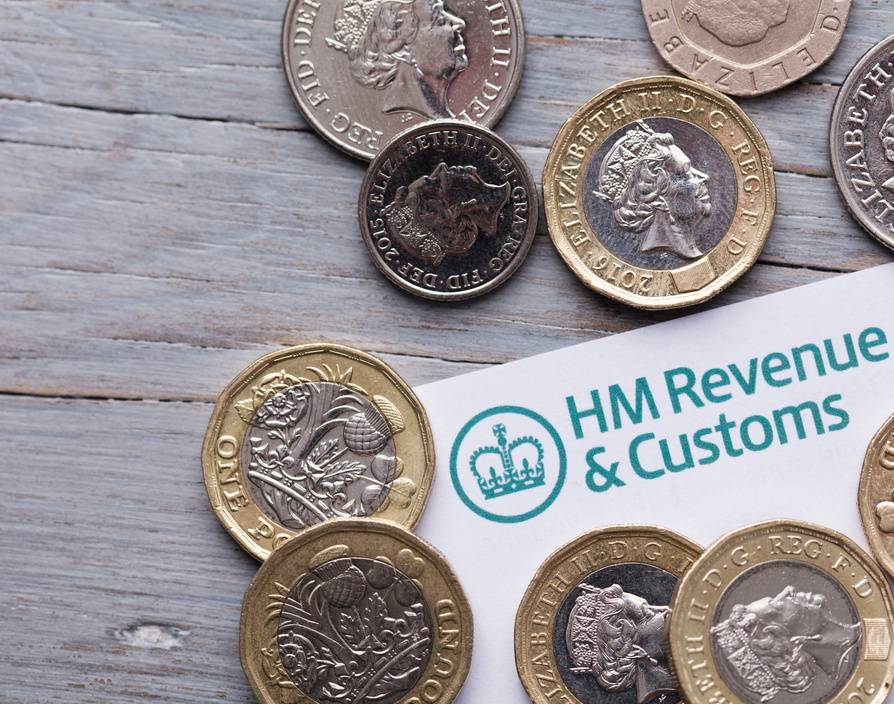Businesses are currently battling with a changing political and economic landscape. It’s more essential now than ever to embrace technology as new policies are being enforced. This much will be even more apparent from Monday April 1 2019 when the Making Tax Digital (MTD) legislation comes into force, meaning companies will need to keep digital records and submit tax returns using cloud-based accounting software.
While it might seem like a tedious process, it’s important to have an integrated and automated approach to these operations. “It’s natural to be hesitant about change but businesses shouldn’t look at MTD as a threat or a burden,” Colin Hewitt, founder and CEO of Float, the accounting software company, told Elite Business exclusively. “MTD should be viewed as a chance for businesses to modernise their accounting and bookkeeping practices, a task that many businesses need to do urgently anyway.”
Indeed, the first step is to familiarise yourself with the regulations and what it entails. For instance, only those with a turnover above £85,000 will have to file VAT returns digitally. Yet, research conducted by Kreston Reeves, the chartered accountancy company, suggested that businesses were unaware of the Making Tax Digital programme. Having surveyed 530 businesses, the report revealed only 65% are aware of the Making Tax Digital deadline. More worryingly, 19% had not heard of these changes at all. “Sometimes there needs to be a line in the sand, a catalyst that forces change and MTD is exactly that,” added Hewitt.
Furthermore, digitising tax will prove beneficial for head honchos not only because tax returns will become an automated process but also as they’ll be able to can use their time and resources for more important tasks such as business development or expansion. Additionally, it eliminates the possibility of human errors. In fact, using old accounting methods result in filing mistakes, which cost the Treasury more than £9bn a year.
Building on the way the change will empower bosses, Steve Lane, chief technology officer of Access Group, the software company for businesses, detailed: “While giving businesses peace of mind when it comes to their regulatory compliance, technology can also provide a holistic overview of the data being entered, meaning that all relevant stakeholders will be able to see how much the organisation’s VAT liability is.” In fact, businesses who have automated this process are already seeing benefits. According to a report by the HMRC, 76% were comfortable to use technology to manage their finances and 72% admitted it was easier to have digital records of monetary transactions.
While the deadline is on Monday April 1 2019, fortunately for business owners, it isn’t too late just yet. “While undergoing a full digital transformation project may seem like the only route to compliance, a single solution update may be the immediate solution give the impending deadline,” said Lane. “HMRC is allowing the use of bridging software to support the digitised submission and account information retrieval from spreadsheets, which may be the best option for your business.” Additionally, HMRC delayed mandating until October 2019 for a small minority with more complex requirements to ensure there is sufficient time for testing the service with them in the pilot.
However, the question is what should small businesses do next? “Own the process by doing your research,” opined Damon Anderson, director of partner and product at Xero, the accounting software company. “For anyone unsure about the process of getting their clients online, there are a number of resources available to support such as our MTD hub.” Indeed, business leaders needn’t drown in the deep end when it comes to making themselves aware of the process. Apart from a detailed guide by the government and associated helplines, companies are on hand to help. For example, Xero has a virtual tax advisor called Dexter who is equipped to help with any information entrepreneurs might need.
More importantly, company leaders must consult with their accountant before taking any steps. “Businesses who are worried about MTD would be to find a good progressive accountant who understands digital technology to help them through the process,” said Hewitt. The next step would be to review whether the software is up to date and compatible with HMRC’s requirements, as it can be integrated with HMRC’s API to facilitate a seamless exchange of data. “Identify the key must-haves you need to cover, ensure you have compatible software and identify procedures you need to modify to allow you to submit to the HMRC gateway,” he added.
And in case you were wondering, a company is expected to continue to file taxes digitally irrespective of changes in their figures. “If your taxable turnover dips below the VAT registration threshold after April 1 2019, a business is still required to keep digital records and send HMRC their VAT returns using MTD-compatible software,” added Anderson. “It’s a huge plus for small businesses to have more control over their tax returns anyway.”
The only risk with MTD is if you miss the deadline given that many are still in the dark. “I wouldn’t be surprised if MTD catches out a lot of businesses unaware, since HMRC has not been as proactive as it could have been in communicating the changes, nor how to actually register for MTD,” said Hewitt. “It’s not an entirely straightforward process and some companies will always be inclined to bury their heads in the sand when it comes to end of year tax.”
So, while MTD is not a mandate for all companies, wasting hours on the process and risking inaccuracies isn’t ideal going forward for any company. Instead of looking at it as a seismic shift, business leaders must capitalise on it and view the switch as a part of the bigger ongoing technological upgrade trend. “In any event, get used to filing digitally, ditch the pen and Excel spreadsheet,” said Anderson. “The sooner you get used to cloud accounting technology the better.” ![]()
Share via:


















































